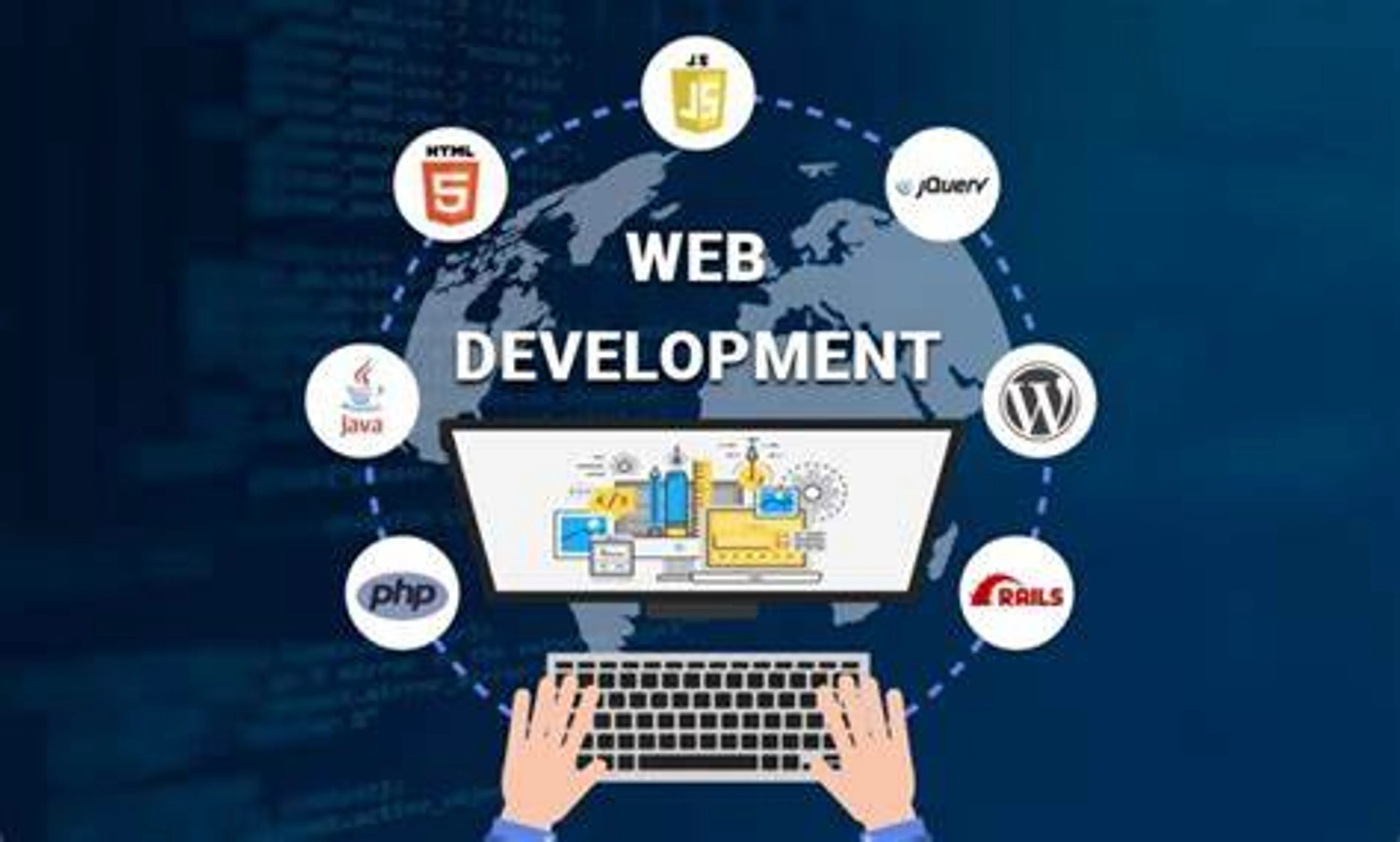Software development is an ever-evolving field, constantly shaped by technological advancements, changing user expectations, and emerging trends. As we look to the future, the landscape of software development is poised for significant transformation. In this exploration, we will delve into the trends and innovations that are shaping the future of software development.
1. Artificial Intelligence (AI) and Machine Learning Integration
AI and machine learning are revolutionizing software development. They are being integrated into applications to enhance automation, improve decision-making processes, and provide personalized user experiences. AI-driven code generation tools and automated testing are becoming more prevalent, streamlining development workflows.
2. Low-Code and No-Code Development Platforms
Low-code and no-code development platforms are democratizing software development. These platforms enable individuals with limited coding experience to create applications using visual interfaces and pre-built components. This trend is accelerating the pace of development and increasing accessibility.
3. DevOps and Continuous Integration/Continuous Deployment (CI/CD)
DevOps practices and CI/CD pipelines are becoming standard in software development. They promote collaboration between development and operations teams, enable faster and more reliable software releases, and support automated testing and deployment.
4. Edge Computing and IoT Integration
Edge computing is gaining traction as the Internet of Things (IoT) continues to expand. Developers are working on applications that process data closer to the source (the "edge"), reducing latency and enabling real-time processing for IoT devices.
5. Containerization and Microservices
Containerization technologies like Docker and Kubernetes, combined with microservices architecture, are transforming how applications are built and deployed. They enhance scalability, maintainability, and portability of software, making it easier to adapt to changing requirements.
6. Quantum Computing and Cryptography
Quantum computing is on the horizon, offering the potential to solve complex problems at speeds unimaginable with classical computers. This has implications for cryptography and data security, requiring software developers to stay informed about quantum-safe encryption methods.
7. Serverless Computing
Serverless computing abstracts server management and allows developers to focus solely on code. It simplifies scaling, reduces operational overhead, and enables cost-effective solutions, making it an attractive option for many applications.
8. Cybersecurity and Ethical Considerations
As software becomes more integrated into every aspect of life, cybersecurity remains a critical concern. Developers are increasingly focusing on building secure software and addressing ethical considerations such as data privacy and bias in AI algorithms.
9. Augmented and Virtual Reality (AR/VR)
AR and VR technologies are expanding beyond gaming and entertainment into fields like education, healthcare, and training. Software developers are creating immersive experiences and applications for these emerging platforms.
10. Blockchain and Decentralized Applications
Blockchain technology is not limited to cryptocurrencies. It is being used to develop decentralized applications (DApps) that offer transparency and security. Developers are exploring blockchain's potential in various industries, from finance to supply chain management.
11. Remote Collaboration and Distributed Teams
The COVID-19 pandemic accelerated the adoption of remote work and collaboration tools. As a result, software development teams are increasingly distributed across different locations and time zones, requiring effective remote collaboration practices.
12. Ethical and Inclusive Design
Ethical considerations in software design are gaining prominence. Developers are striving to create inclusive and accessible software that considers diverse user needs and avoids reinforcing biases.
Conclusion: A Dynamic Future
The future of software development promises to be dynamic and full of innovation. Developers must adapt to these trends and embrace lifelong learning to stay at the forefront of the field. As technology continues to shape our world, software developers play a pivotal role in driving progress and shaping the software landscape of tomorrow.
